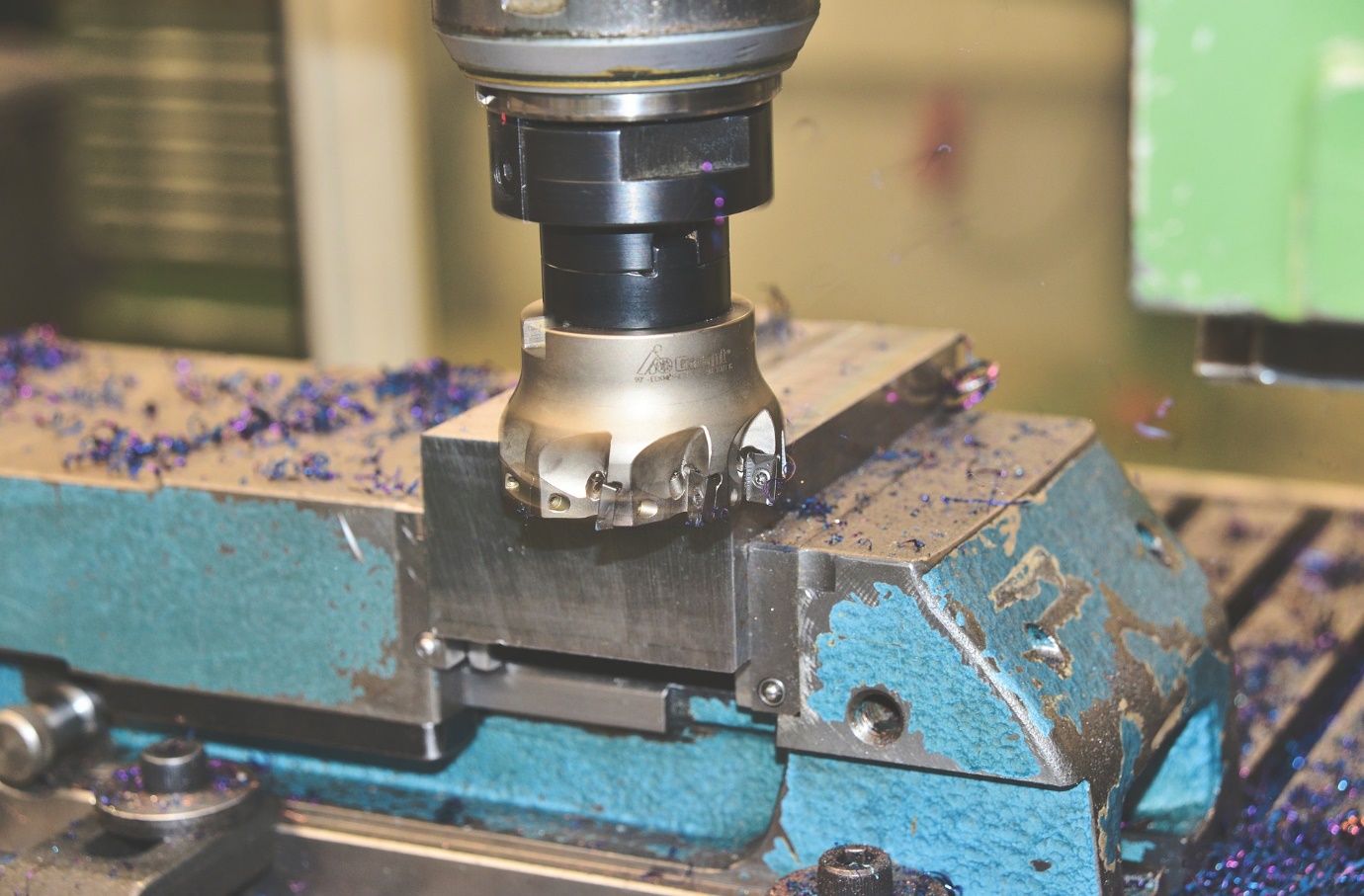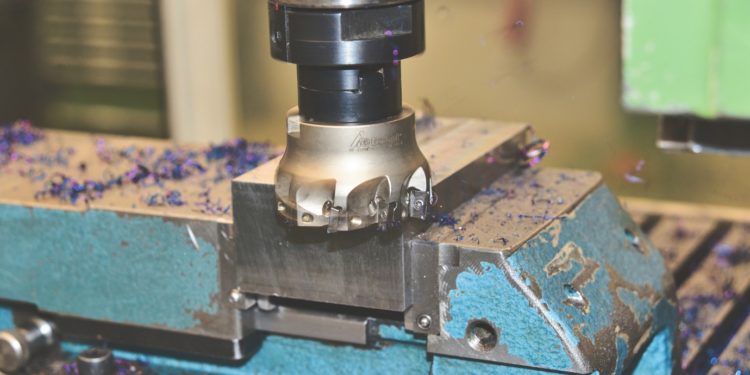CNC machining is rapidly taking the place of traditional machining methods in many areas of industry. The reasons are many, but in the main it is clear that CNC – Computer Numerical Control – allows for quicker development and production times, greater accuracy and reduced costs. The precise nature of the method – in which designs are fed by computer directly into the lathe, milling machine, router or one of many other types of equipment – means that manufacturers have can perfectly reproduce items.
There are some considerations to be made when it comes to CNC machining including the relative difficulty in machining different types of metal. There’s also the cost of buying metals, which can vary greatly. What are the most cost-effective metals for CNC service? We’ll look in brief at the factors involved in determining this.
Relative Machinability
The ‘machinability’ of a metal – or indeed any substance – depends upon the actual physical properties of the material in question. In the case of different metal, it is the relative ‘softness’ that influences the machinability. For example: brass and aluminium are softer metals that can be machined easily and therefore quickly. They also have many uses in industry, so are widely seen in CNC machining projects.
In general, steels are harder than the above metals, and will take longer to deal with. It’s important to understand that some grades of steel are harder than others. Stainless Steel 304, which is the most used grade, is harder to machine that its 303-grade equivalent, but not by a great degree. If you consider that steel will generally take twice as long to machine as aluminium, then it’s easy to see that there are cost savings to be made in using the latter.
However, this may not be possible as different metals have different levels of strength, so it is important to investigate available metals for use in new projects. It’s also vital you consider the raw material costs.

The Cost of Metal
Raw metal prices rise and fall as all commodities do, but it is generally the case they stay similar when compared to each other. Let’s compare some prices using sheets of metal sized 6”x6”x1”, when bought in bulk (and using approximate prices as relative comparisons.
Brass, the softest metal, will cost around $150, as will Stainless Steel 303. In comparison, Stainless Steel 304 would cost you $90 for the same amount. Aluminium 6061, however, will only cost you $25.
From this we can see that cost saving of buying and machining aluminium – which is much easier to handle than steel – makes it by far the most cost-effective metal to use when manufacturing via the CNC process. Of course, that only applies if you can make the product from that material.
If you want to look at the bigger picture, the simple fact that CNC machining service is quicker, easier and more efficient than traditional machining methods is reason enough to consider this method for future manufacturing purposes, no matter the type of metal or other material that you need to work with.


